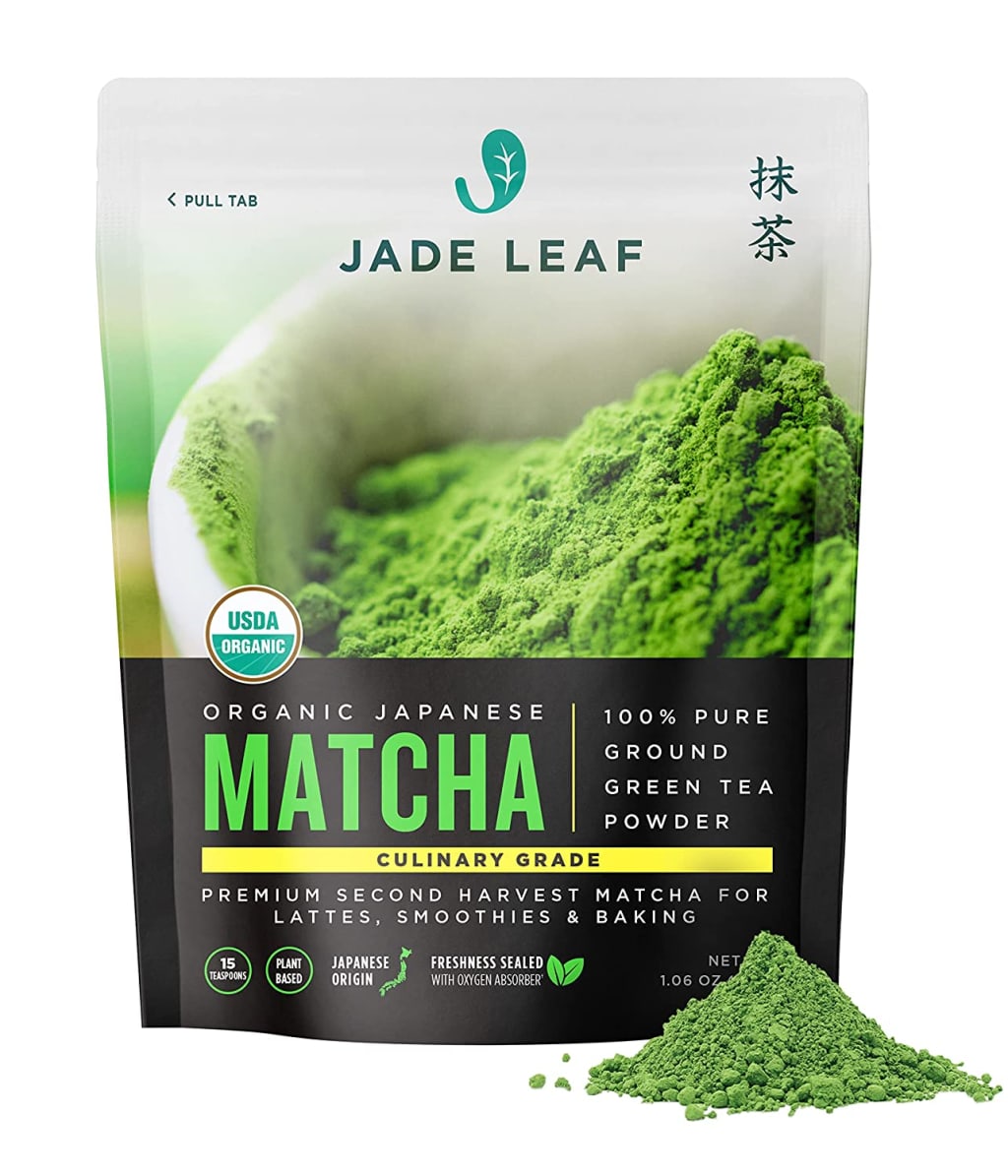
It has gained more attraction recently due to its high concentration of antioxidants and vitamins. This article will explore the four ways it is a healthier choice compared to regular green tea. We'll look at the differences in nutritional value, caffeine content, and other benefits that make matcha stand out from the crowd.
Richer in Antioxidants Than Green Tea
Matcha has been gaining popularity over the past few years for its health benefits, but how does it compare to green tea? Green tea has long been hailed as one of the healthiest beverages, but it is even more beneficial. Matcha is a more concentrated form of green tea with significantly higher antioxidants. Studies have shown that it is loaded with more than three times the amount of beneficial compounds in green tea.
Antioxidants are essential for maintaining good health and can help protect against cell damage and reduce inflammation. They are also believed to reduce the risk of chronic diseases such as cancer, heart disease, diabetes, and obesity. This makes it an even better choice than green tea regarding overall health benefits.
Matcha's Ability to Boost Metabolism
Matcha is an increasingly popular green tea powder that is said to have a variety of health benefits. It has been used in Japan for centuries and can be found in many food stores today. But how does it compare to regular green tea, and why is it considered healthier? It is more beneficial than other green tea because it contains more antioxidants that help boost metabolism.
The high level of antioxidants in it helps speed up fat burning and reduce the risk of heart disease, cancer, and diabetes. Research has shown that drinking it can boost your metabolism by up to four times more than regular green tea due to its higher concentration of catechins or epigallocatechin gallate (EGCG).
Lower Caffeine Content
Matcha has become a popular drink choice for those looking to increase their health and wellness. But what makes matcha tea healthier than regular green tea? However, the way it's processed gives it an advantage over traditional green tea regarding health benefits.
One of the biggest differences between matcha and green tea is its lower caffeine content. The leaves used for matcha are covered before harvesting, allowing for higher amounts of amino acids like L-theanine, an antioxidant that helps relax your mind and body without making you feel tired or lethargic. This lower caffeine content makes it a better choice if you have trouble sleeping or are anxious since there won't be too much of a stimulant kick.
Promoting Detoxification with Matcha
It has become increasingly popular in recent years, and with good reason. It is made from shade-grown tea leaves and has higher antioxidants, making it a healthier choice than traditional green tea. It also promotes detoxification by delivering vitamin C, protecting against environmental toxins, and increasing energy production within the body.
Making matcha involves grinding green tea leaves into a fine powder form before being brewed into tea or added to food or beverages. This preparation ensures that all beneficial compounds contained within the plant are consumed, including polyphenols and catechins, which are powerful antioxidants known for their anti-inflammatory properties. The high concentration of these compounds also makes it an ideal option for those seeking to reduce their risk for chronic diseases such as cancer and heart disease.
Nutritional Value: Matcha Vs Green Tea
Green tea is a popular beverage choice among health-conscious individuals. Its antioxidant properties offer numerous health benefits, along with a variety of flavours. Matcha tea has become increasingly popular and contains even more antioxidants than regular green tea.
Matcha and green tea are derived from the Camellia sinensis plant, but they have important differences in nutrition. Matcha contains 137 times the number of powerful antioxidants called catechins in traditional brewed green teas. One cup of it can provide 10 times the nutritional value of 10 cups of regular brewed green tea. Additionally, it contains L-theanine, which helps relax your body and mind without causing drowsiness or fatigue.
Conclusion
In conclusion, Matcha and green tea have many similarities, yet the differences in cultivation and processing methods make them two distinct teas. Matcha has more antioxidants than regular green tea, is known for its calming effects, and can be enjoyed in many forms. Green tea is a fragrant, light-bodied beverage that can be enjoyed either hot or cold.





Comments
There are no comments for this story
Be the first to respond and start the conversation.